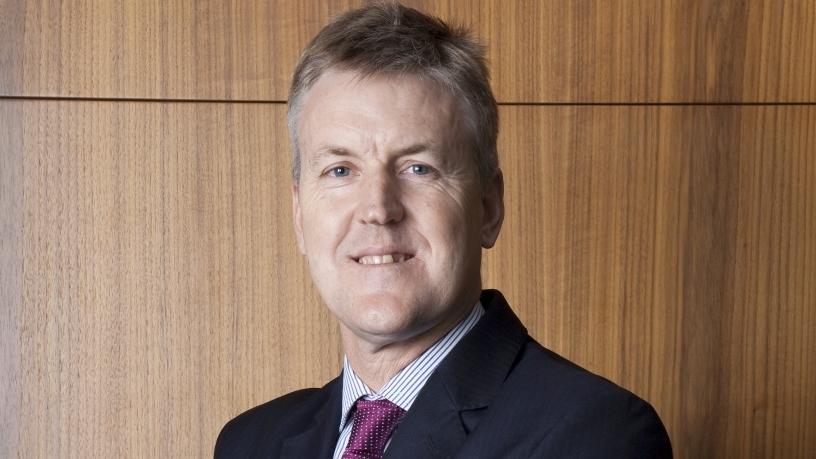
It was a tumultuous 12 months for IT services company EOH, resulting in an overall loss of R104 million compared to a profit of R1.17 billion a year ago.
Earnings for the year ended 31 July 2018 were impacted by once-off impairment of assets, unwinding of non-core businesses and discontinuing of selected activities in the public sector. This saw headline earnings plunge 65% from R1.17 billion last year to just R409 million this year.
Headline earnings per share (HEPS) from continuing operations fell 65%, to 278cps, and earnings per share (EPS) from continuing operations fell 75% to 202cps. Including discontinued operations, HEPS was down almost 66%, to 283cps, while normalised HEPS came in at 467cps versus 797cps in 2017.
The group says the year was made up of two very different halves: a very difficult first half and then a second half showing signs of a normalising of business activities.
"The financial year under review was impacted negatively by the first half, which was influenced by challenging market conditions, negative media attention, the unwinding of GCT, a major business unit that no longer fitted the EOH business model, and robust customer retention negotiations, which led to margin squeeze in the business," the group says.
"With these largely once-off items completed, while they have a negative impact on the overall financial results, EOH is pleased that the second half of the year saw a much different business environment, despite the South African macro economy still being under strain," it adds.
EOH saw an 8% increase in normalised revenue to R16.27 billion. The group's reported revenue was normalised "for discontinuing certain operations relating to the public sector division", while software revenue of R2.3 billion, an increase of 1.6% from last year, was included in normalised revenue.
Normalised earnings before interest, tax, depreciation and amortisation (EBITDA) for the year fell by almost 19% to R1.77 billion.
Business split
Following the announcement of EOH's new strategy in March, the group completed a reconfiguration into two distinct businesses in August.
Each of these businesses operates with a unique brand and identity, business model, and go-to-market strategy. The ICT business now operates under the EOH brand, with Rob Godlonton as CEO. The specialised solutions businesses for high-growth industries operates under the new Nextec brand, with Zunaid Mayet as CEO, after he relinquished his role as CEO of EOH in June. In July, EOH announced the appointment of Stephen van Coller as CEO of the group.
However, the group's re-organising into the two independent businesses cost the company, with the associated operating loss and restructuring costs amounting to R379 million. The group's public sector-focused division was dissolved by incorporating the majority of its activities into Nextec and EOH, and discontinuing the remainder of the business.
The company, however, remains upbeat about the future, saying: "With a combined addressable market in South Africa worth R230 billion, and EOH and Nextec collectively servicing less than 7% of the market, an unparalleled opportunity exists for the company."
When accounting for the business units of EOH and Nextec, there was close to a 50-50 split in normalised revenue, which EOH contributing slightly more at R8.2 billion of the total. Cash generated from operations was R1.26 billion compared to R1.31 billion a year before.
"While working capital was under strain throughout the year as a result of slow payments from the public sector and delays in long-term projects, there has been a positive shift in the second half of the year and the cash conversation ratio (based on EBITDA) has improved to 71% [compared to 58% in 2017]," the company says.
In September 2018, EOH's shareholders approved the Lebashe BEE transaction, with Lebashe injecting R1 billion of equity.
EOH will have an effective black shareholding above 50%. The group believes being majority black-owned will improve its "attractiveness as an empowered supplier for customers in both the private and public sectors".
In terms of outlook, the group says it has "de-risked the business with greater focus and operational efficiencies and a strong drive to improve working capital management".
"We, as EOH, occupy a critical position at the centre of the fourth industrial revolution, with all the skills and capabilities to make a meaningful impact and, ultimately, provide integrated services covering a broad spectrum of associated technology needs. I am excited to be leading this business into its next chapter," concludes Van Coller.
Share